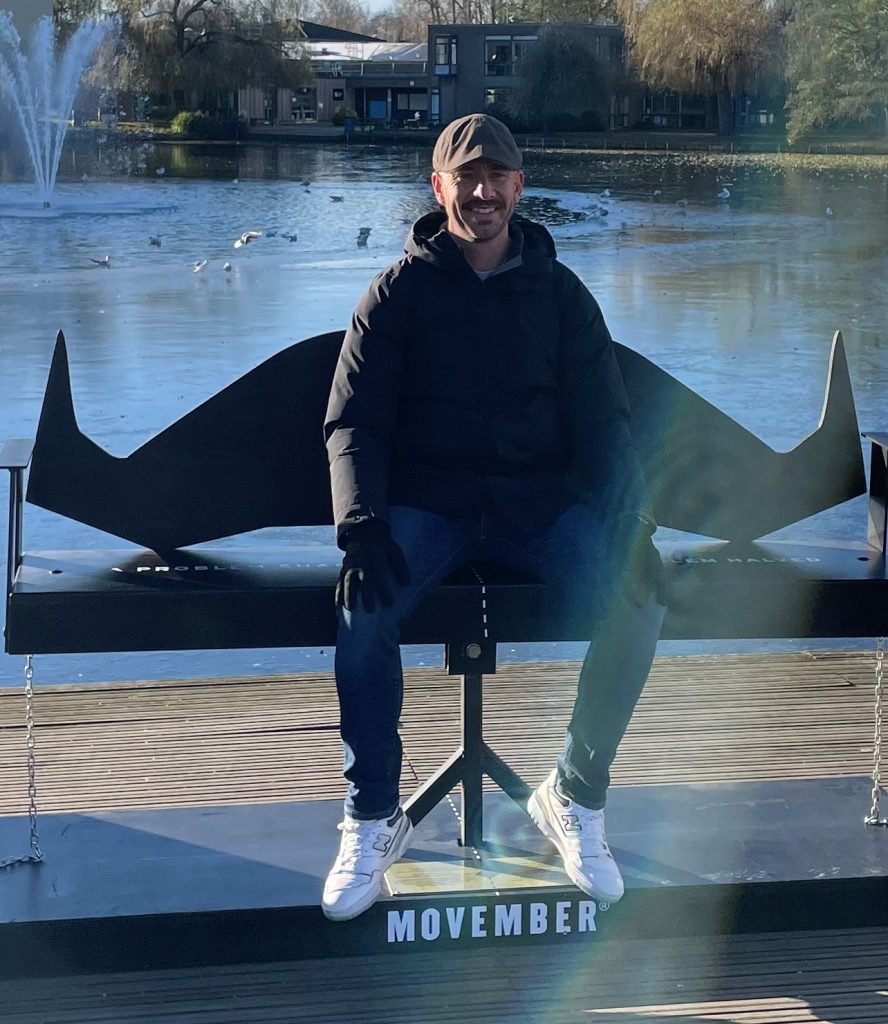We believe that there is a bright future for Goole, and we know how passionate the people of Goole are about the hospital and the care they receive in their town.
That’s why, we will be speaking to as many people as we can over the next few months; members of the community and staff about what they think the future of health and care services in Goole should look like.
Goole hospital is here to stay.
We want to make sure that we make the best use of the hospital space, staff skills and get the most out of the funding we have, to deliver the best care possible. We will also be planning for investment into the site and facilities so that care is available in the right place, delivered by the right person and at the right time.
We want to work together and write the next chapter together.
As in any area, there are challenges that are unique to each place and that’s why we need to speak to as many people as we can to understand what those challenges are and come up with plans to help people get the care they need.
We understand that things like travel can be an issue in Goole and the surrounding areas, so we want to work together to understand how we can plan our services in a way that helps people to stay healthy, independent and cared for closer to home.
It’s not just about the hospital, we want to offer more care in the community, including at home. We know that hospital isn’t always the best place to be looked after. Getting the right care to live independently either at home or closer to home often means that people get better quicker or can live their life more comfortably, surrounded by their families and support networks.
Please join the conversation.
We will be hosting a series of public events in Goole. Please come along and join us. This is your opportunity to shape our future plans and help us to write the next chapter. We want to hear about what health care services you value, your thoughts about anything that is missing and your ideas for us to build a healthcare service fit for the challenges of today and the future.
Our first event will be held on Wednesday 28th May, drop-in between 11am and 3pm at the Courtyard in Goole. We are committed to talking to you and working together and hope you can join us. If you can’t make this one, we will be hosting other events. You can find details of upcoming events on our website.
Following our conversations with you, we will keep you informed throughout the process and welcome your thoughts and feedback at any point by emailing us: hnyicb.engagement@nhs.net
If you are interested and want to stay up to date with what is happening please visit: https://letsgetbetter.co.uk/our-next-chapter-goole-and-district-hospital/




